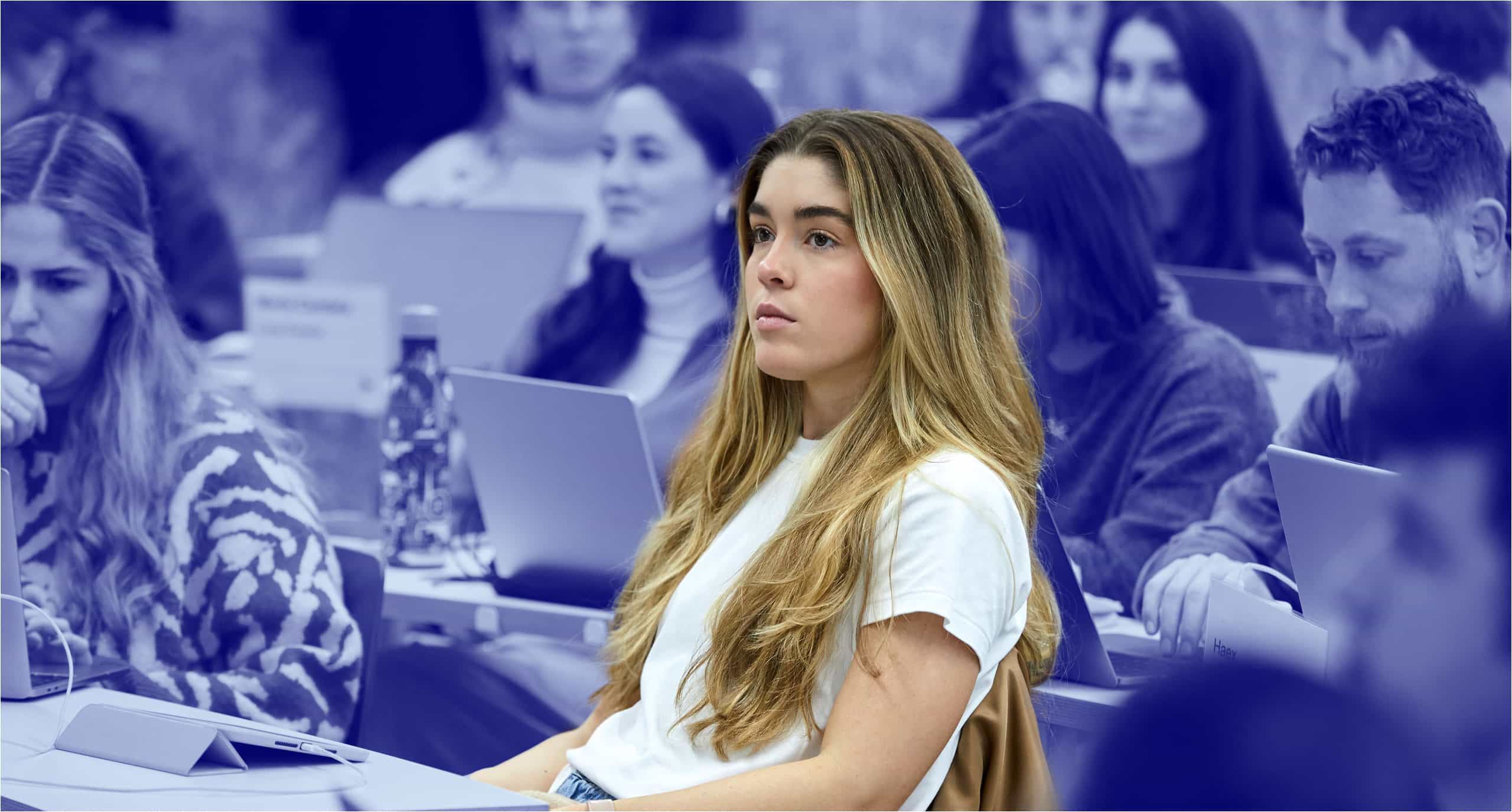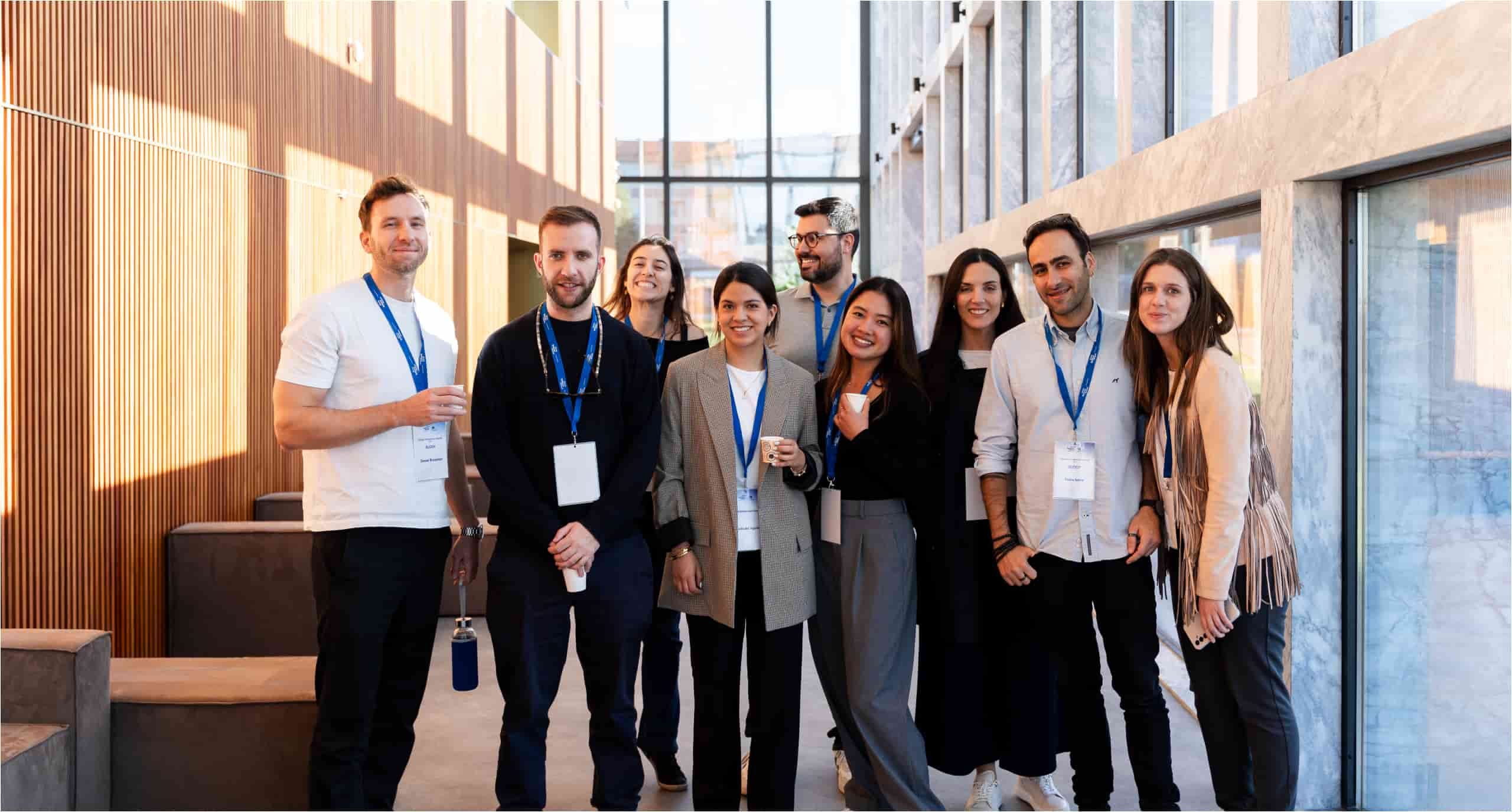28/02/2025
Let's decide which of our programs suits you best.
You want to make a difference on the global stage. But you don’t know to pick a degree that fits your needs. Don’t worry. At IE School of Politics, Economics & Global Affairs, we have insights for that tricky moment when future changemakers are torn between international relations vs international development.
Want to make the right decision? Keep reading.
Reasons to study our Master in International Development
IE University’s Master in International Development focuses on training you to be part of building a better tomorrow. Designed in partnership with the United Nations System Staff College, the program is for those who want to become versed in how to build sustainable, socially and economically equitable societies. Key outcomes include skills in critical thinking, management and cooperation.
Structured around the 5 Ps of the UN’s 2030 Agenda for Sustainable Development—people, planet, peace, prosperity and partnership—the Master in International Development has a practical orientation that blends theory with case studies and research projects.
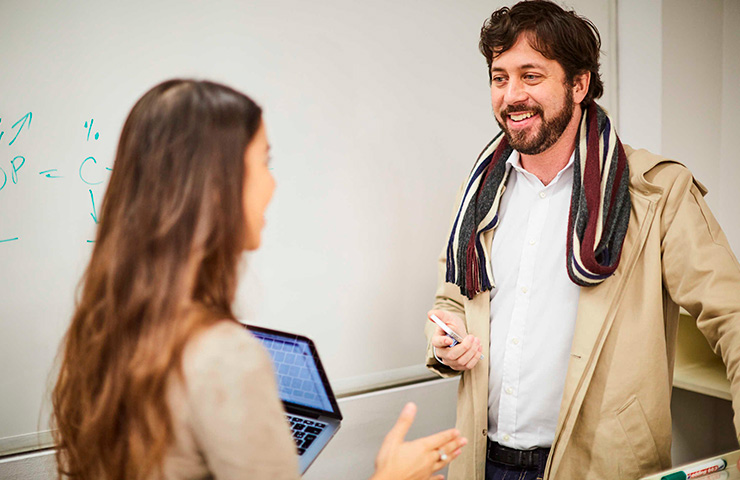
Program participants also have the opportunity to complement their classroom learning with a week of hands-on work at a UN operation
Who should study international development?
International development is for you if you’re passionate about tackling global issues like inequality, poverty and climate change. This field equips you with the skills to shape policies, work with organizations like the UN, and make a real impact. You’ll gain a deep understanding of how the world’s systems connect, while developing the expertise to solve key global challenges. If you’re driven by purpose and want to lead meaningful change, International Development is your path to making a difference.
Reasons to study our Master in International Relations
The Master in International Relations aims to prepare participants to shape the future through multilateral decision-making and leadership. IE University provides the opportunity to visit leading organizations including the European Commission, the European Parliament and NATO, allowing students to see the OECD headquarters in Paris as well as spend a week in Brussels gaining first-hand experience of the inner workings of major players in the sector.
With an innovative curriculum that moves with current affairs, the program is guaranteed to remain up-to-date and engaging.
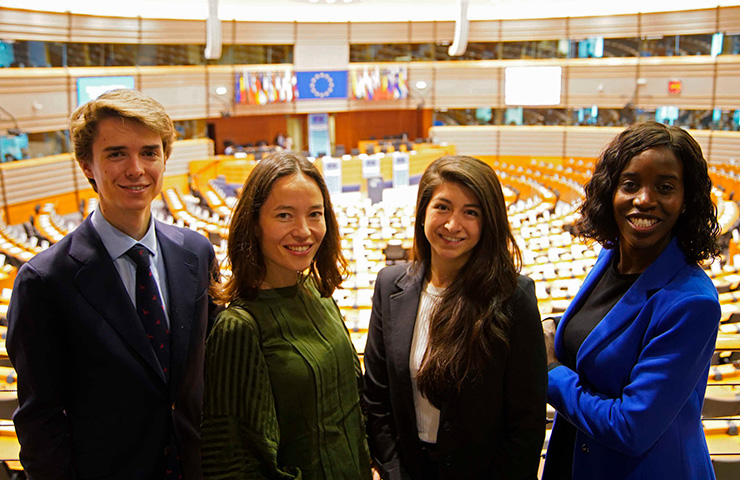
We divide the program into four core areas: Management and Analytical Skills; Geopolitics and Diplomacy; International Economics and Business; and Global Governance and International Cooperation. Students will specialize in one of the latter three areas as they continue the program, thus solidifying their skill set. Students may also specialize in a geographical region including China and East Asia; Europe and North America; Africa; the Middle East and North Africa; or Latin America.
Who should study international relations?
International relations is perfect for you if you’re passionate about global issues and are good with people. You’ll develop critical skills like communication, problem-solving and teamwork, while gaining hands-on experience through travel and global projects. Whether you’re drawn to diplomacy, policy or business, this field opens doors to diverse career paths.
Options for the future: international development vs international relations
While both the Master in International Development and the Master in International Relations will equip you for a career that crosses borders and cultures, the programs diverge in terms of content as well as professional orientation.
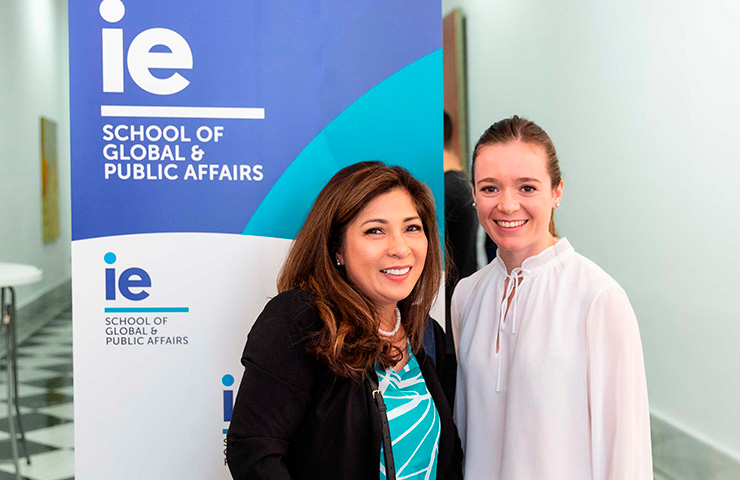
The Master in International Development gives participants the tools to design solutions to various challenges facing the world today.
Issues such as sustainability, access to education and human rights are on the agenda. We focus on how to tackle these issues in the international arena and develop policies that create a better world. You’ll graduate ready to enter international organizations in the public or private sector. You’ll also be able to work for aid groups, NGOs or government institutions as researchers, consultants, project managers and more.
The Master in International Relations takes a more politically oriented approach, training participants to understand the various dynamics shaping the interactions, collaborations and conflicts between nations. The program includes the study of history and economics, offering a holistic overview of the various factors impacting international relations.
Graduates come away from the program with the skills needed to work as political analysts, policy developers, diplomats, and so forth.
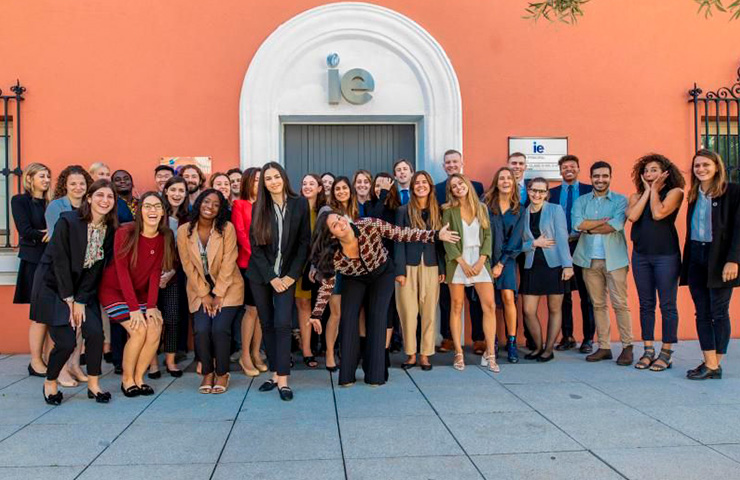
How to pick a degree at IE School of Politics, Economics and Global Affairs
Both programs involve collaboration with prestigious international organizations to ensure participants graduate with the skills needed to kick off their careers.
To learn more about the specifics of each program at IE School of Politics, Economics & Global Affairs, check out their dedicated pages here:
Master in International Development
Master in International Relations
Benjamin is the editor of Uncover IE. His writing is featured in the LAMDA Verse and Prose Anthology Vol. 19, The Primer and Moonflake Press. Benjamin provided translation for “FalseStuff: La Muerte de las Musas”, winner of Best Theatre Show at the Max Awards 2024.
Benjamin was shortlisted for the Bristol Old Vic Open Sessions 2016 and the Alpine Fellowship Writing Prize 2023.




